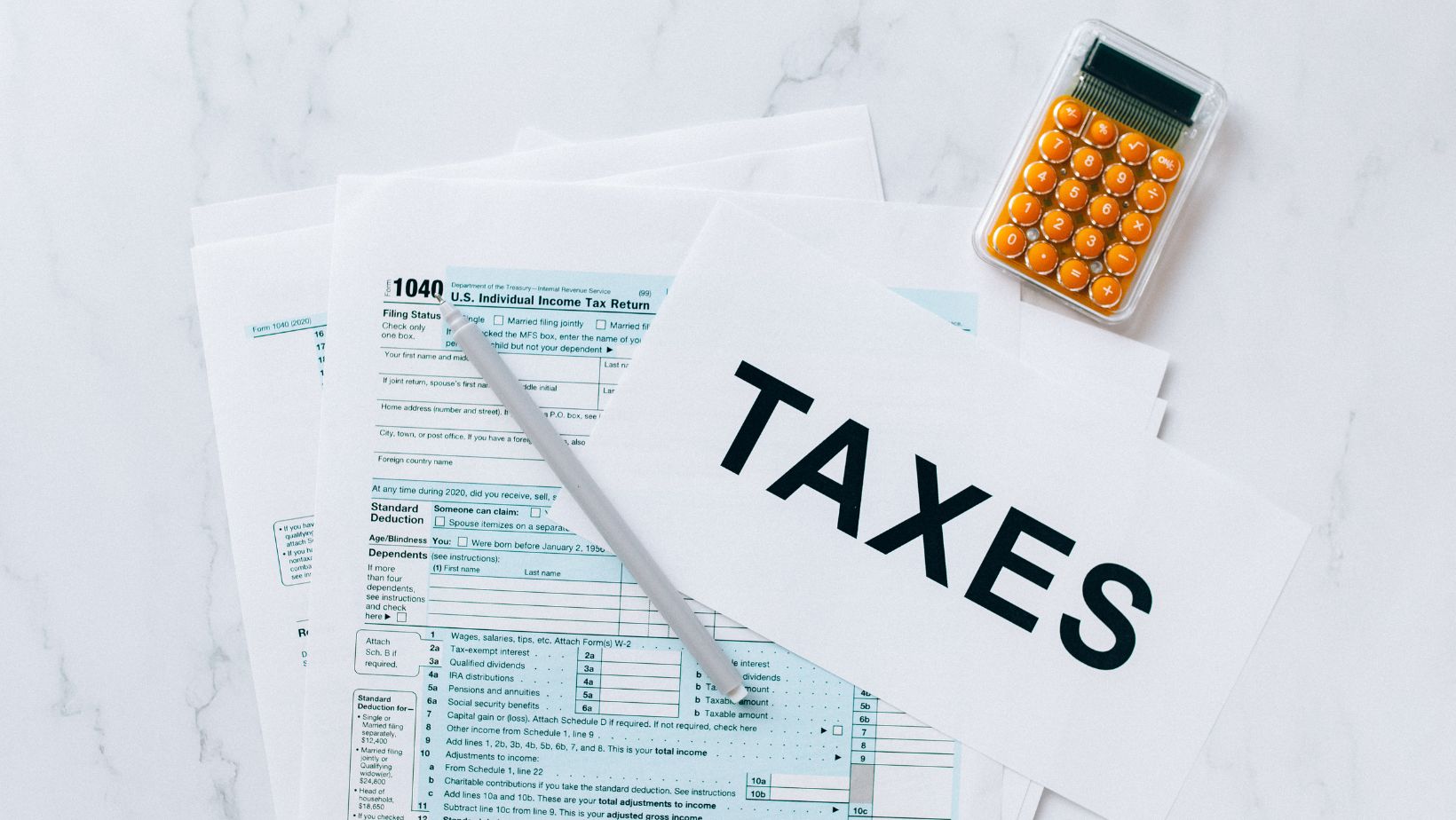
Freelancers often enjoy the freedom of setting their own schedules and working on diverse projects, but with this freedom comes the responsibility of managing complex tax obligations. Navigating IRS rules can be overwhelming, especially when facing financial difficulties that make timely tax payments challenging. For freelancers seeking relief, Tax Law Advocates for IRS issues offer essential guidance on IRS hardship programs that can help ease tax burdens during tough times. Understanding these programs is crucial to avoiding penalties and protecting your financial stability.
What Are IRS Hardship Programs and Why Do They Matter for Freelancers?
IRS hardship programs are designed to assist taxpayers who are unable to pay their tax debt in full due to financial hardship. Unlike traditional payment plans, these programs recognize that some taxpayers face genuine financial obstacles, offering more flexible options to avoid penalties, interest, or enforced collections. Freelancers, whose incomes can be irregular and unpredictable, are often vulnerable to tax difficulties, making these programs especially relevant.
One of the most common hardship options is the Offer in Compromise (OIC), which allows eligible taxpayers to settle their tax debt for less than the full amount owed. This option is ideal for freelancers whose income and assets are insufficient to cover their total tax liability. Another form of relief is Currently Not Collectible (CNC) status, where the IRS temporarily suspends collection efforts if paying the debt would cause significant financial hardship.
For many freelancers, simply understanding these options is the first step towards regaining control over their finances. By working with professional advocates, freelancers can navigate the complexities of the IRS system and ensure they meet eligibility criteria while submitting accurate applications.
How Freelancers Can Qualify and Apply for IRS Hardship Programs
Qualifying for an IRS hardship program involves demonstrating genuine inability to pay your tax debt without undue hardship. The IRS evaluates several factors, including income, expenses, assets, and overall financial situation. Freelancers should be prepared to provide detailed financial documentation to support their claims.
Applying for programs such as the Offer in Compromise requires completing extensive forms and submitting detailed financial disclosures. This process can be intimidating, especially for those unfamiliar with IRS procedures. For freelancers, who often juggle client demands and administrative tasks, partnering with Tax Law Advocates for IRS issues can streamline the application process and increase the likelihood of approval.
It’s important to note that while hardship programs offer relief, they are not automatic and require careful preparation. The IRS scrutinizes applications to prevent abuse, so honesty and accuracy in financial reporting are essential. Additionally, maintaining compliance with ongoing tax obligations during and after the process is critical to avoid losing eligibility.
Freelancers should also consider the long-term implications of these programs. For example, some IRS relief options may affect credit ratings or require adherence to strict payment schedules once approved. Being fully informed before applying ensures freelancers can make decisions that align with their financial goals.
The Benefits and Limitations of IRS Hardship Programs for Freelancers
Participating in an IRS hardship program can provide much-needed breathing room for freelancers. By reducing monthly payments, suspending collection efforts, or settling debts for less than owed, these programs offer financial relief and peace of mind. This allows freelancers to focus on growing their business without the constant stress of tax liabilities.
However, these programs are not without limitations. Approval is not guaranteed, and the application process can be time-consuming and complex. Freelancers who do not meet eligibility criteria may find their applications rejected, potentially leading to enforced collection actions like liens or wage garnishments.
Moreover, certain IRS hardship programs have strict conditions attached. For example, once an Offer in Compromise is accepted, the taxpayer must remain compliant with all tax filings and payments for five years. Failure to do so can result in reinstatement of the original debt and penalties.
Despite these challenges, many freelancers find that the benefits of IRS hardship programs outweigh the drawbacks. With proper guidance and planning, these programs can be a vital tool in managing tax debt and securing financial stability.
In conclusion, IRS hardship programs offer valuable assistance for freelancers facing financial challenges related to their tax obligations. Understanding the types of relief available and the application requirements is key to leveraging these programs effectively. Freelancers who seek help from Tax Law Advocates for IRS issues can navigate the complexities of IRS procedures with confidence, ensuring the best chance of approval and ongoing compliance. By taking advantage of these programs, freelancers can protect their businesses and maintain peace of mind even during difficult financial times.













